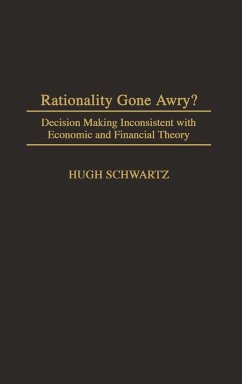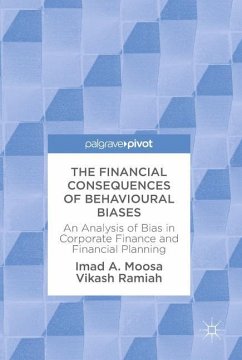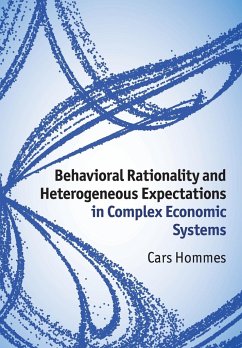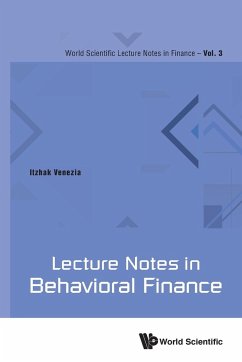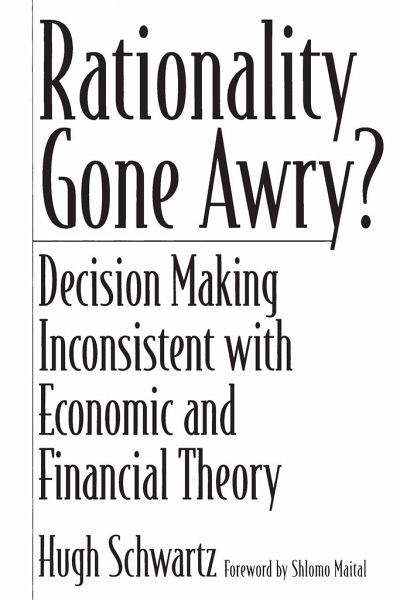
Rationality Gone Awry? Decision Making Inconsistent with Economic and Financial Theory
Versandkostenfrei!
Versandfertig in 1-2 Wochen
44,99 €
inkl. MwSt.

PAYBACK Punkte
22 °P sammeln!
Traditional economic and financial theory is being challenged because normative, prescriptive models derived from it are not predicting the behavior of successful producers, investors, or consumers as well as anticipated. Economists and psychologists are documenting anomalies at the individual level, in financial markets, and in natural economic settings. This opens the larger question of the importance of psychological, sociological, and other phenomena for financial and economic behavior. It even raises the issue of what economic rationality really is. This book surveys and examines the incr...
Traditional economic and financial theory is being challenged because normative, prescriptive models derived from it are not predicting the behavior of successful producers, investors, or consumers as well as anticipated. Economists and psychologists are documenting anomalies at the individual level, in financial markets, and in natural economic settings. This opens the larger question of the importance of psychological, sociological, and other phenomena for financial and economic behavior. It even raises the issue of what economic rationality really is. This book surveys and examines the increasing evidence of economic anomalies. It argues for an eventual, comprehensive behavioral framework for economics and finance, but in the interim, indicates how the tendency to use rules of thumb might be taken into account to improve predictions about decision making. The book is aimed at those, including business executives and students, with intermediate-level preparation in economics or finance. Part I, however, is accessible to those with only an introductory course. Part II should prove useful to professionals in economics and finance who seek a solid introduction to this area. The presentation speculates about possible applications of a behavioral analysis to past and present public policy issues. It closes with guidelines for decision making that suggest how, in the absence of a comprehensive behavioral theory of economics and finance, to improve prediction about decision making by taking into account the heuristics, or rules of thumb, used by decision makers and the biases that those heuristics involve.



